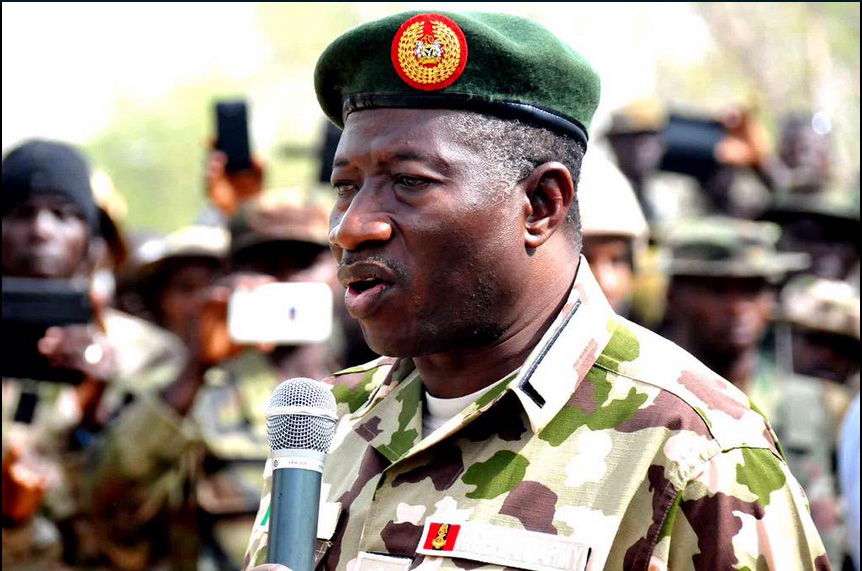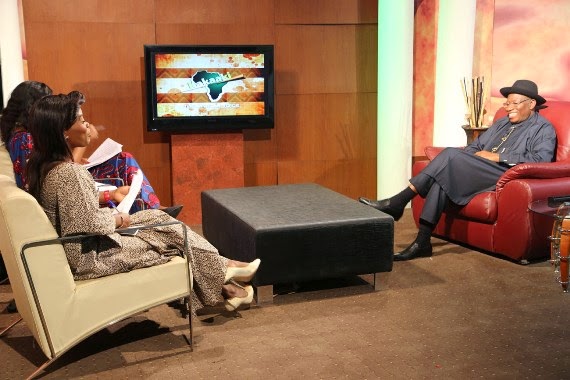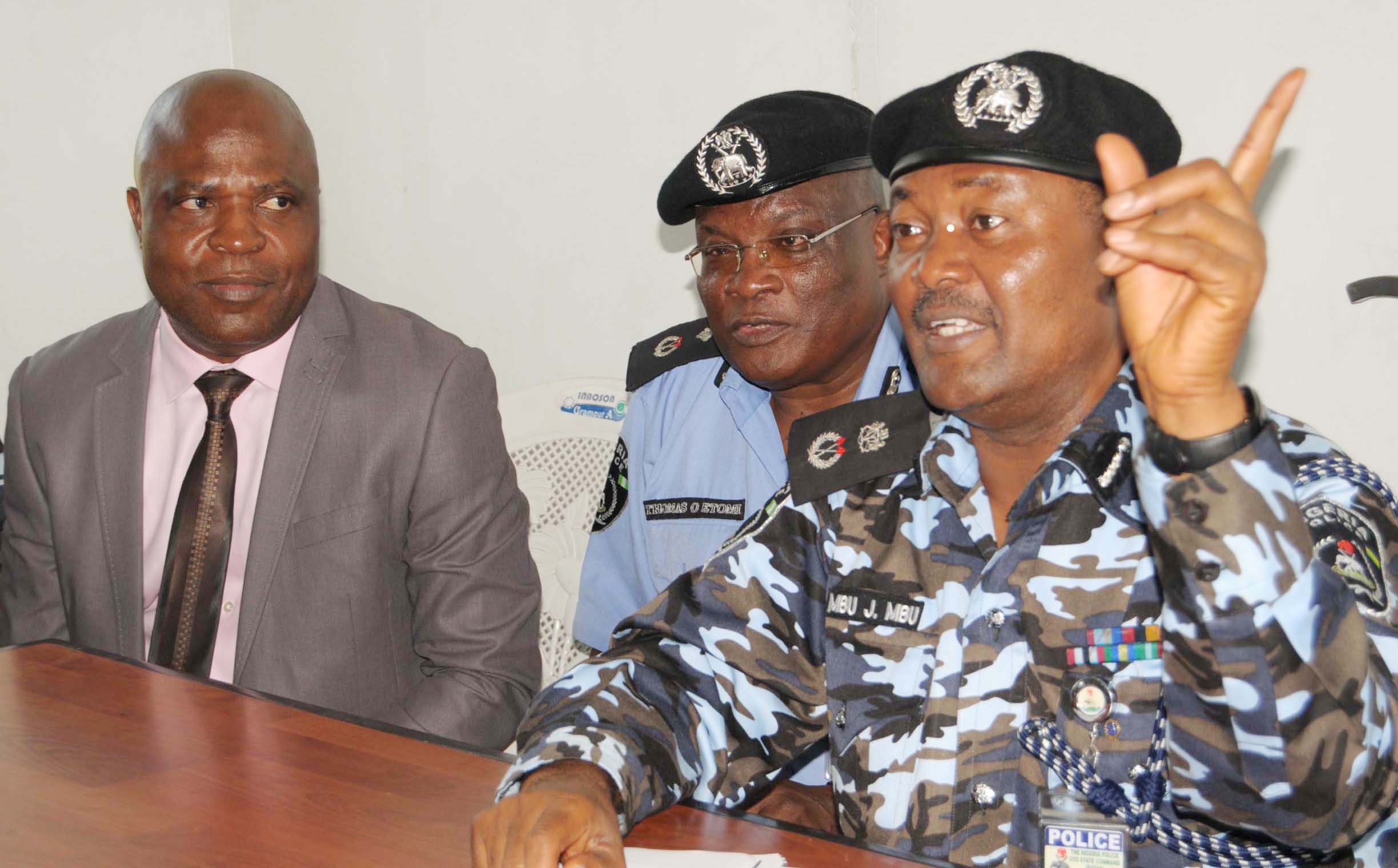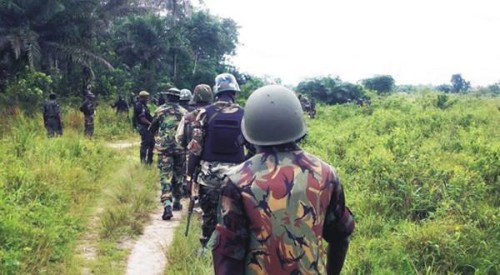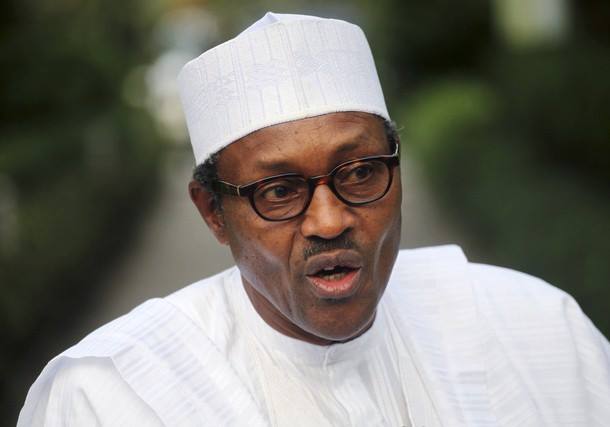President Goodluck Jonathan says the kidnapped Chibok schoolgirls are not in Sambisa forest as generally believed “but they are still alive”.
He spoke on AIT’s magazine programme, Kakaaki, on Thursday on a wide range of issues.
The girls, numbering nearly 300, were kidnapped by Boko Haram militants on the night of April 14, 2014, leading to global attention on Nigeria.
Some of the girls escaped from their captors, but as many as 219 are still thought to be in captivity, assumed for a long to be the Sambisa forest in Borno state.
Advertisement
The aftermath of the kidnappings is believed to dealt a huge blow on the government of Jonathan who is seeking re-election in the presidential poll rescheduled for March 28.
The president told AIT: “With the successes recorded [in the military operations] a lot of Nigerians are expecting to see the release of the Chibok girls. Many believed they were in Sambisa forest and we know the Nigerian troops have combed through the Sambisa forest but the girls have not been found.
“We still have reasonable parts of our territories that are in the hands of Boko Haram. We promised that that we will get the Chibok girls released. The good news is that they have not killed them, because when terrorists kill they [publicise it] so that they use it to intimidate [the society]. So, these girls are alive. And so, we will get the girls. Luckily we are narrowing down the areas of their control. So we will get them.”
Advertisement
On why his government is just launching a serious offensive against the militants now, Jonathan said the capacity of Boko Haram was underestimated because of their history.
It is a question he has had to answer many times, he said.
He told his interviewer: “Well, these questions continue to come up and we continue to explain. Yes, I agree that at the beginning, probably we [underestimated] the capacity of the Boko Haram. But is obvious Boko Haram started as a non-violent group led by (Mohammed) Yusuf and limited to around Maiduguri area, of course, from Yobe to Maiduguri. It did not even get up to Adamawa, not to talk about Yobe or Kano or Bauchi.
“So, it started as a non-violent group. But just like every group of youths or young people taking to criminality, Boko Haram expanded their network and linked up with other terrorist organisations in North Africa. Of course, like Al-Qaeda and other similar brands all over the world… So, they continued to build their capacity.
Advertisement
“It got to a point where for you to tackle them and of course with the kind of environment where they operate, you need some specialised equipment to use and we don’t manufacture these equipment for now. Yes, as a nation, we are trying. In terms of industrialisation within the West Africa sub-region, Nigeria is more industrialised than other countries but still, we are yet to manufacture these high calibre weapons.
“We are going into that, but for now we depend on getting them from other countries. We had some issues, but over the period, we have been able to get some reasonable supplies. I believe we have gotten up to 60 or 65 percent of what we need to prosecute this terror war… let me put it that way. That is why the movement has changed.”
